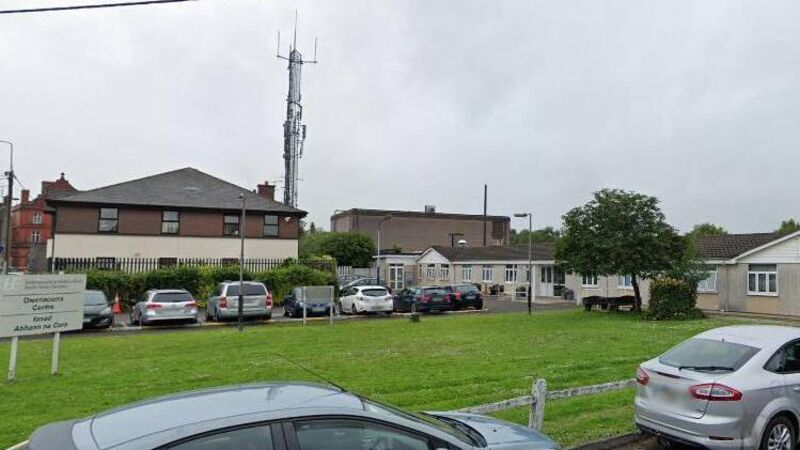Families embroiled in Owenacurra mental health mess deserve transparency and accountability

The Owenacurra Centre in Midleton.
You may have read the word Owenacurra on more than one occasion in these pages in recent months.
Last June, it emerged that the HSE was planning to shut down the 24-hour staffed mental health centre in Midleton after 33 years in existence.













